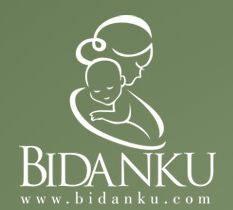Important Nutrition during Pregnancy. The needs of nutrients on a pregnant woman increases during pregnancy, especially when approaching the second trimester. Because at that moment, the fetal develops fast – especially the brain development and also the nervous system and needs an optimal nutrition.
The nutrition needed are:
- Carbohydrate and fat as sources of energy to produce calories can be obtained from cereals, tubers.
- Protein as source of builder substances can be obtained from meats, fishes, eggs and nuts.
- Mineral as regulator can be obtained from fruits and vegetables.
- Vitamin B complex is useful for keeping the nervous system, muscles, and heart, work normally. Can be found in cereals, beans, nuts, green vegetables, yeast, eggs, and dairy.
- Vitamin D is useful for your baby’s bones development. It can be found in fish liver oil, yolk, and milk.
- Vitamin E is useful for healthy red blood cells. Eat beans especially wheat, nuts, vegetable oil and green vegetables.
- Folic acid is useful for nerve system and blood cells development, found in dark green colored vegetables like spinach, cauliflower and broccoli. On fruits, folic acid can be found in oranges, bananas, carrots and tomatoes. The need of folic acid during pregnancy is 800 mcg a day, especially on the first 12 weeks of pregnancy. Lacking folic acid can impair brain development, and also causes congenital defects on central nervous system or fetal brain.
- Iron is needed by pregnant women to avoid anemia, can be found in green vegetables (such as, spinach, kale, cassava leafs, papaya leafs), meats and livers.
- Calcium is needed for fetal bones and teeth development, also to keep pregnant women from osteoporosis. If the need of calcium is not fulfilled enough, then the lacking calcium will be taken from the mother’s bones. Other sources of calcium are green vegetables and nuts. Nowadays calcium is best consumed from milk and the other processes products. Milk also contains a lot of vitamins, such as vitamin A, D, B2, B3, and vitamin C.
Laman: 1 2


